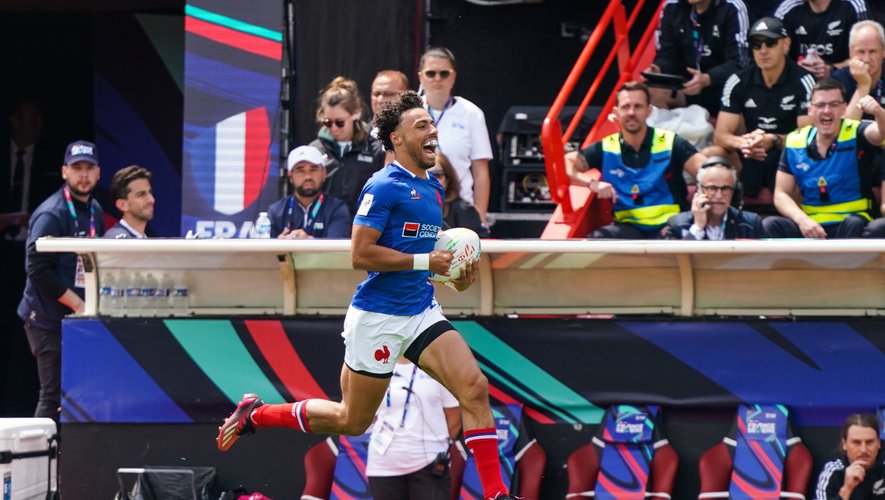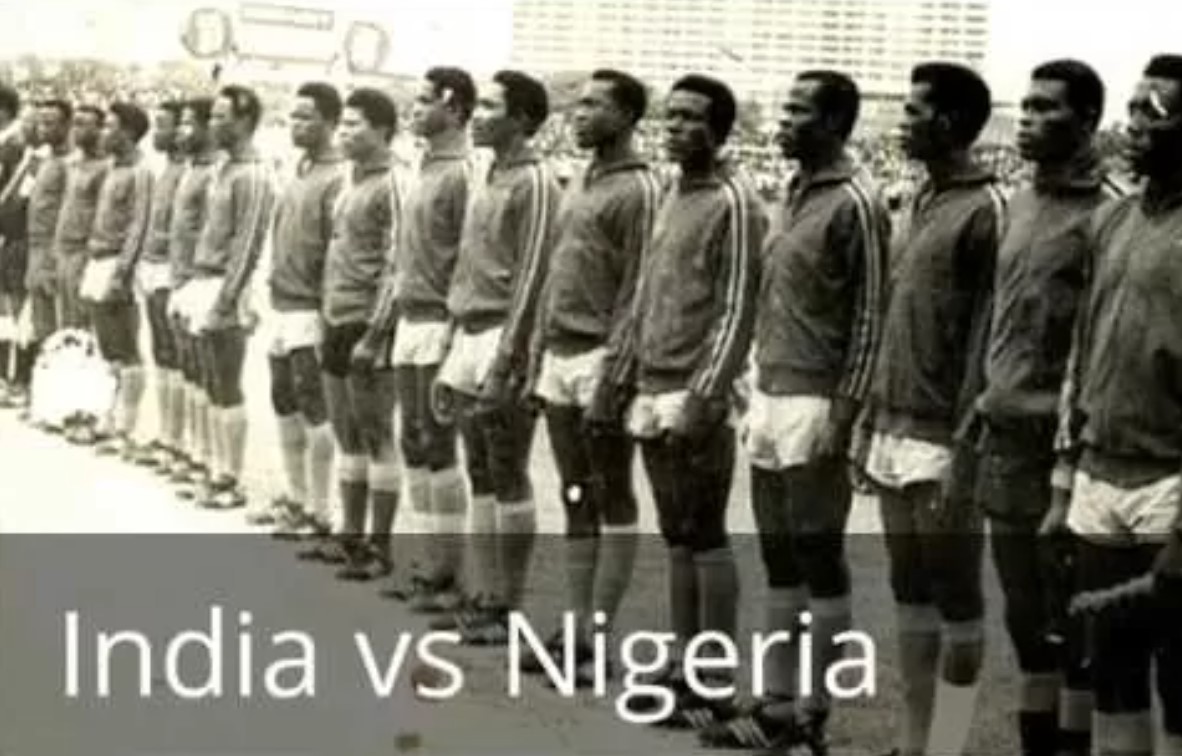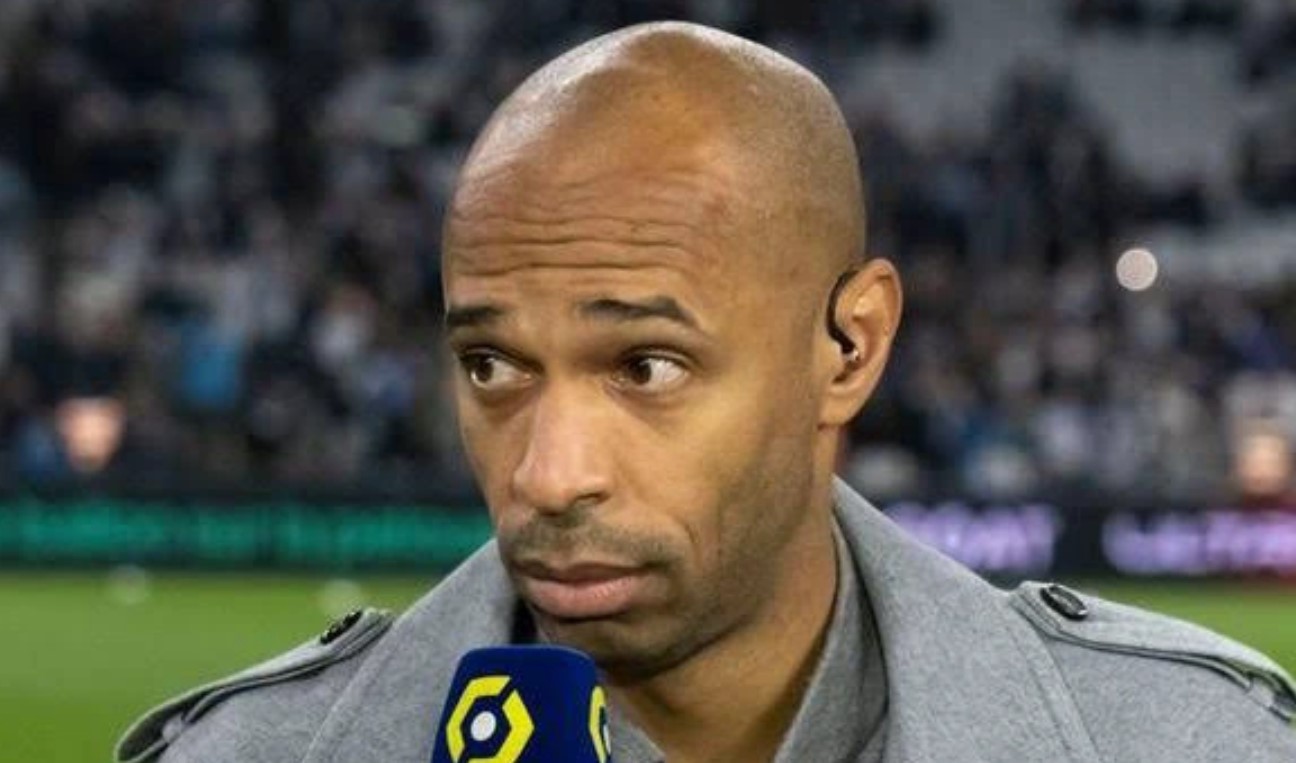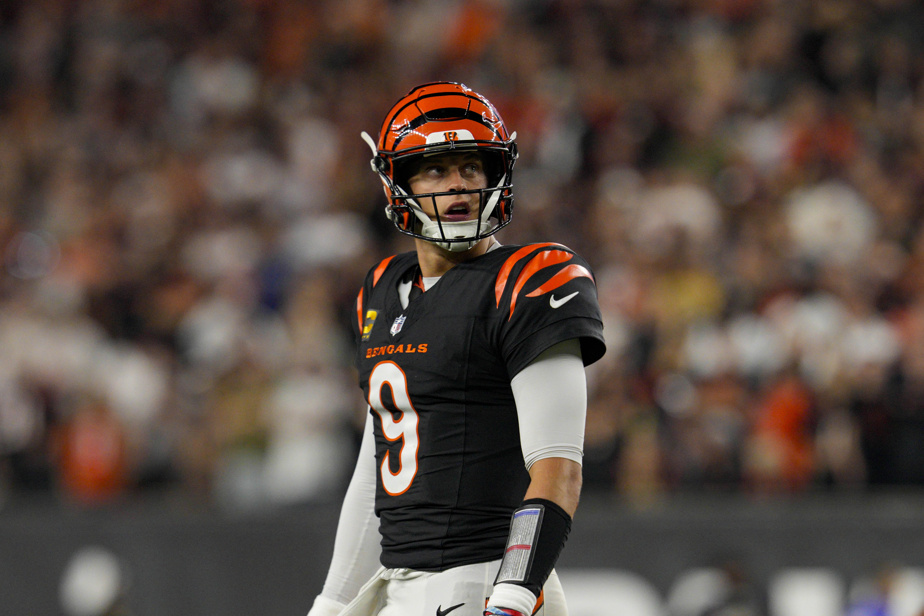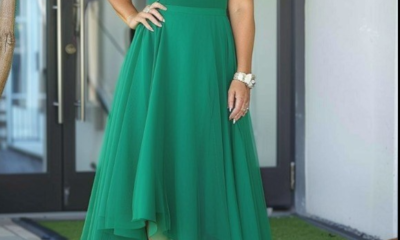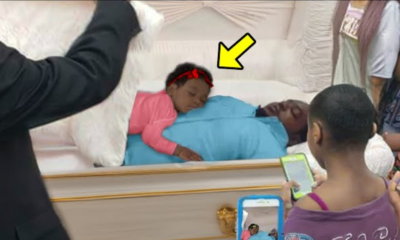Before the advent of the internet, this story successfully thrived among Nigerians, but with the emergence of the internet and easy access to social media, the truth behind the India Vs Nigeria 99-1 match was revealed.
Though there are different accounts of the match, but they all have the following in common:
- That the match ended with India scoring 99 goals and Nigeria scoring just one goal.
- That Nigerians were unable to kick the ball because the football kept turning to a lion which scared them away…Click Here To Continue Reading>> …Click Here To Continue Reading>>
- That Indians later agreed that if Nigeria could score one goal, they would concede defeat.
- That Samuel Okwaraji scored the winning goal and lost his life in the process because the ball turned into stone as he was about to kick it.
- That FIFA banned India from soccer because they used juju (black magic) in that match.
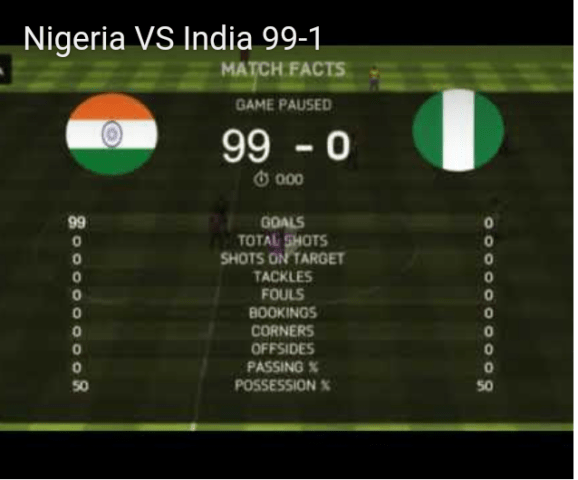
Why did people believe the India Vs Nigeria 99-1 match story?
Even with the absence of the internet back then, this kind of claims should be immediately recognized as lies, the kind of lies they call “big fat lies”. But most people like to acknowledge this story as true with the fact that no one has ever seen India play in an International Football Match. Since no one actually saw India participate in most international soccer games, this gave a little credence to the story.
Another reason this lie thrived for long was that credible information was not easily accessible in Nigeria unlike now that even a 4-year-old child can debunk false claims within minutes with the help of Google. This Nigeria Vs India match story would have been fabricated by one community elder to children during an evening gathering; that’s our take at OldNaija.
What Actually Happened!
On the 12th of August 1989, Nigeria lost one of her best footballers, Sam Okwaraji who died during a football match. We wrote about how he died on the pitch and you can read it here. Sam Okwaraji was the player rumoured to have lost his life in that game when in truth he died during a FIFA World Cup qualifying game against Angola in the 77th minute. He collapsed and died of cognitive heart failure. May his soul rest in peace. AMEN!
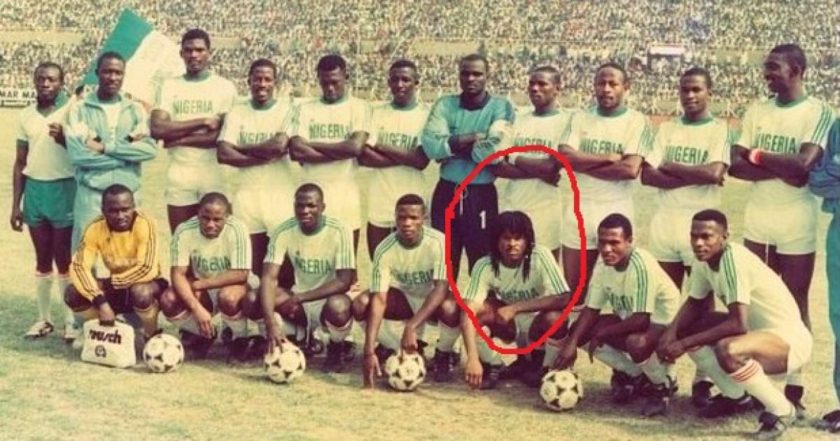
Samuel Okwaraji (circled) So, that is the only truthful thing about the India Vs Nigeria 99-1 match story, the fact that a Nigerian player died during a football match. That is what these lies was fabricated around. The match was not against India, Nigeria did not lose the match and as you must have guessed, and there were no lions or ball turning into a stone.

Meme by Campus Bro Nevertheless, one cannot deny that this kind of story made one’s childhood as a Nigerian. READ FULL STORY HERE>>>CLICK HERE TO CONTINUE READING>>>
Before we go,
Why was India Banned by FIFA?
India was never banned by FIFA. It was India that withdrew from the tournament themselves. Here is how it happened.
Fédération Internationale de Football Association (FIFA) made it clear to India that they would not be allowed to play in the 1950 FIFA World Cup without footwear.
Then something happened. You see, when determining the make-up of the 1950 World Cup, FIFA determined that obviously the two defending finalists, Brazil and Italy, would be guaranteed slots. That left fourteen slots that needed to be filled.
FIFA decided that seven of those slots would come from Europe, six would come from the Americas and one would come from Asia.
The problem was that of the four Asian teams that were invited to the World Cup, three of them (the Philippines, Indonesia and Burma) withdrew from the tournament before the qualification round.
Therefore, India earned an automatic slot within the World Cup. It would be India’s first time appearing in the World Cup but India, too, withdrew from the tournament because FIFA would not allow them to compete barefoot.

